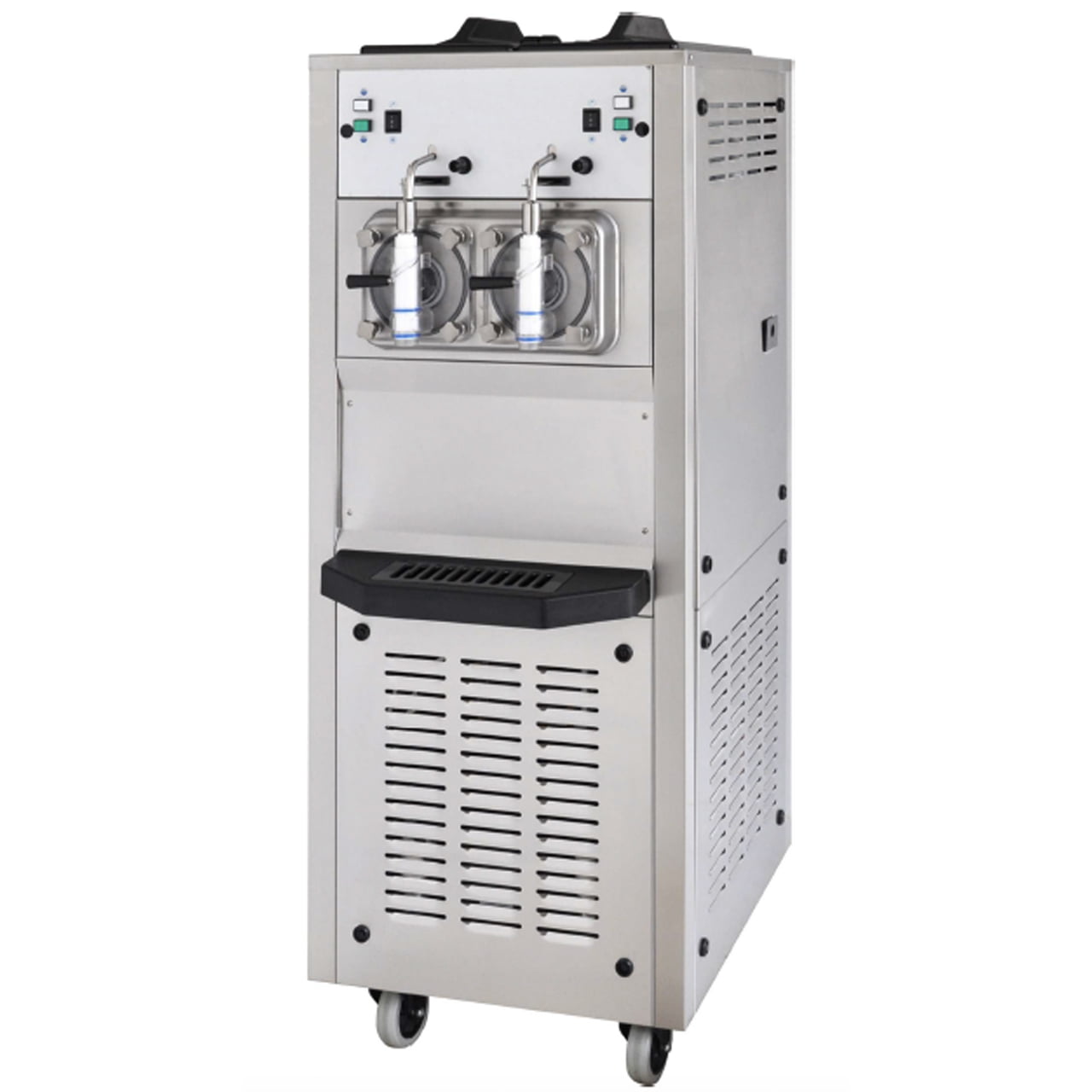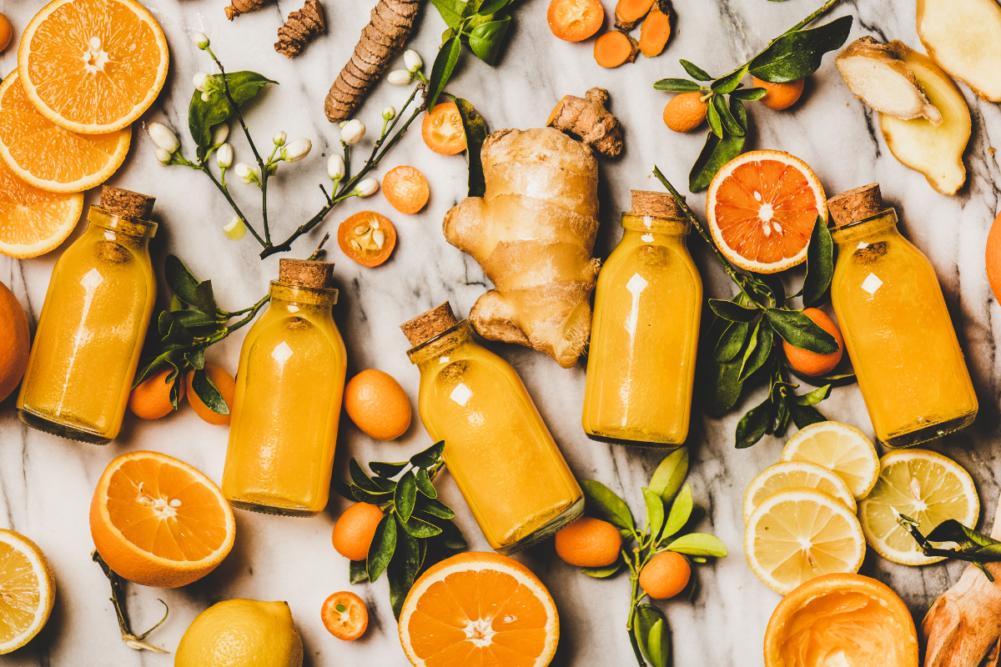
What Does a Beverage Flavour Manufacturer Do?
A beverage flavour manufacturer creates unique flavors for different types of drinks, from sodas to juices to alcoholic beverages. They can be found all over the world.
The beverages market is constantly evolving and manufacturers try to offer innovative product concepts that fulfil consumers’ tastes but also can be a healthier choice.
Flavors
Beverage flavour manufacturers create a variety of flavors for different types of beverages. These can include juice drinks, soft drinks, alcoholic and non-alcoholic beverages. Some beverages are flavored by natural ingredients, while others use artificial flavorings.
In addition to the ingredients used in the beverage, the balance of sugars and acids plays a key role in the overall flavor. Acids can add tartness to a beverage as well as boost the flavor profile and overall flavor perception. Commonly added acids include citric, malic and phosphoric acid.
A beverage flavour manufacturer may also use a blend of natural and artificial flavorings to create a unique product that meets customer specifications. The flavorings can be formulated in powdered, liquid or ice cream form.
The production of flavors is a complex process that involves many different steps. A beverage flavour manufacturer must decide which raw materials are best suited for each specific application. They must also take into account the cost of each raw material.
As consumers become increasingly aware of the health implications of consuming foods and beverages with artificial or synthetic flavorings, it is becoming more important to make sure that the products are made from natural ingredients. This is especially true for sweet beverages and snack foods.
As a result, the production of beverages with natural or organic flavors is more common than ever before. These are a great way for food and drink companies to promote their products without risking the health of their consumers. These flavors are also considered to be a more sustainable option. They are often sourced from fruits and vegetables. This makes them a great option for both traditional and contemporary drinks.
Extracts
At a beverage flavour manufacturer, flavorings are extracted from various sources such as fruits, herbs and spices. These extracts are available in many forms, including liquids and concentrated powders. They can be used for a variety of applications, such as baking, beverages, confectionery and ice cream.
Flavorings and extractions are a critical part of any beverage formulation, and a quality beverage will need carefully curated extracts to ensure the desired taste. A good beverage flavor company will have a wide range of extraction options and the expertise to dig into your specific formulation goals.
To extract a flavour, raw materials are combined with ethanol and water under heat. The resulting distillate is then fractionated and separated into different components.
During this process, carbon dioxide is removed from the ethanol, leaving behind a liquid called the extract. The extract can then be re-used for another run.
This method is often used to isolate a flavour from an entire batch of product, such as a fruit juice, but it can also be applied to single ingredients. It is effective in removing CO from a wide range of compounds and can be done at very low temperatures.
One advantage of the method is that the liquid CO used is much lower in density than water (0.7 g/ml at 25 C.) and this helps to quickly separate the extract phase from the solvent phase, allowing for a fast and efficient extraction.
As a result, the extracts can be identified confidently with GCxGC-TOF-MS, which allows for automated workflows and the ability to compare large datasets. The resulting data is analyzed using chemometrics to identify trace peaks, and the most significant differences are highlighted by the software. This is helpful when conducting authenticity and quality studies on new products.
Aromas
Aromas play an important role in beverage creation, and they’re usually beverage flavour manufacturer the first thing consumers notice. Some of the most common aromas are vanilla extract, berries, herbs, citrus, and florals.
A beverage flavour manufacturer can use aromas to enhance the flavor and appeal of a product while also lowering the cost of producing it. Typically, these compounds are obtained through biosynthesis or extraction, but this isn’t always the most eco-friendly solution.
The best way to produce these aromatics is to use plants as the raw material. The main advantage of this approach is that it’s a sustainable solution for a variety of applications, including beverages and cosmetics.
One of the leading companies in the production of these compounds is Symrise, a German company that specializes in flavors and fragrances. The company ranked fourth on FoodTalks’ list of the top food-flavor and fragrance manufacturers in 2021.
Another major player in the industry is Sensient Technologies, a Wisconsin-based company that produces the most colors, flavors, and fragrances for a wide variety of products. Founded in 1882, the company’s flagship product is the Sensient Color System, which allows customers to create color-coded packaging.
In today’s world of beverage innovation, the health craze has led to the need for functional beverages that also offer a good taste. To meet the growing demands of the market, beverage flavor manufacturers have developed a variety of solutions for bringing out the best of the beverage. Using the right combination of ingredients is key to creating successful and satisfying drinks that won’t disappoint consumers.
Blends
When it comes to beverage flavour, manufacturers often rely on blends to deliver specific flavor notes and intensity. These can include Natural Colors, Synthetic Colors, Flavors, Botanicals and Essential Oils, and other Ingredients.
For example, a company may want to use a blend of flavors to provide a specific fruit or berry flavor to its product. It can also want to add a certain amount of a specific type of spice.
Depending on what a company wants to achieve, it might choose to have a continuous or batch blending process. For instance, a continuous blender solution is likely to produce better dispersion than a batch system.
A company might also want to use a continuous process because it can be more cost-effective and easier to control, particularly in large volumes. In addition, a continuous blender solution can reduce the amount of energy used to keep the blender running.
Finally, a company might also want to use a continuous system because it can produce more beverage flavour manufacturer concentrated products. This can be especially useful for hard seltzers or other beverages that require intense flavouring.
The beverage industry is constantly evolving, as new drink categories and market segments emerge and as consumers seek out healthier alternatives. To cater to these new needs, beverage flavor companies are developing a variety of new flavors. Some of these flavors are based on traditional ingredients, while others are innovative and novel.
Packaging
Ultimately, the packaging used by a beverage flavour manufacturer should protect and preserve the product. In addition, it should be visually appealing and convey necessary information about the product to consumers. This includes its nutritional value, components, storage date and location. It also serves as a marketing tool by creating an impression in the mind of the consumer.
Beverage packaging needs to withstand various environmental conditions such as UV exposure, carbonation loss and movement of material packaging components. Moreover, it must be able to withstand different temperatures, including hot and cold ones.
It should also enchant and delight consumers with its design, which is essential for making them purchase the product again. This is why many beverage manufacturers are adopting eco-friendly and biodegradable packaging solutions.
A beverage manufacturer can employ a wide range of packaging materials depending on the type of drink and its chemical composition. These include glass, plastics, metal and cardboard, as well as combinations of the above.
These bottles and cans can be infused with antimicrobial agents to improve their quality and safety, while preventing the growth of harmful bacteria on their surfaces. These substances can be in the form of silver ions, nisin, organic acids, spice-based essential oils and carbon dioxide.
Bacteria can cause major problems in the production of beverages and affect the taste of the finished products. This is because they can contaminate the liquid through the use of worn gaskets and hoses, as well as faulty capping heads and purging systems.
Oxidation is another major cause of degradation for beverages, which can degrade flavour compounds and nutrients at a very rapid rate. It can also alter the aromatic profile and lead to changes in the color of the product.


